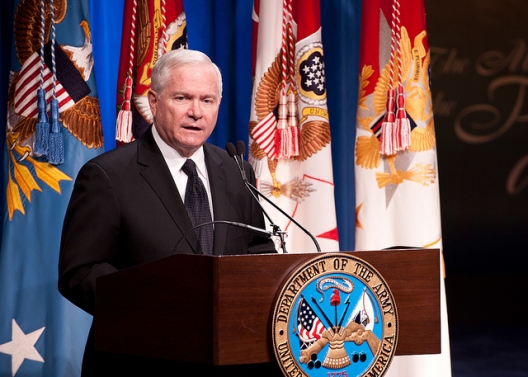 I think an actual invasion would be a very critical matter and a source of great concern. But I think — I think it’s a concern for the same reason that the invasion of Crimea or the seizure of Crimea is a concern. And there are really two broad principles that Putin has violated and that ought to worry the West a lot.
I think an actual invasion would be a very critical matter and a source of great concern. But I think — I think it’s a concern for the same reason that the invasion of Crimea or the seizure of Crimea is a concern. And there are really two broad principles that Putin has violated and that ought to worry the West a lot.
One is that he [Putin] is upending the post-Cold War order which basically acknowledged that border changes in Europe would only be done by negotiation, by consent of all the parties involved … [which was] a huge step forward in preserving the peace.
The second principle that’s been violated is this settling of an old revanchist score by force … The idea that you can settle these territorial disputes or old claims to territory by force is a huge problem when you consider all of the kinds of disputes there are like that not only in Europe but in Asia and elsewhere. So you have disputes between China and Japan over the Senkaku Islands. What Putin has done basically is to give the go-ahead to the Chinese and say, well, just take them by force if you think they belong to you. And I think that’s a very bad message as well and is likely to lead to future crises and potentially armed conflict …
One of the reasons that I think we should have reacted more strongly [after Russia took over Crimea] is because once you let those principles go by the wayside, you’re probably in for more crises and conflict.
Excerpts from Jon Harper interview with former Secretary of Defense Robert Gates.
Image: Robert Gates, November 17, 2010 (photo: US Army)
